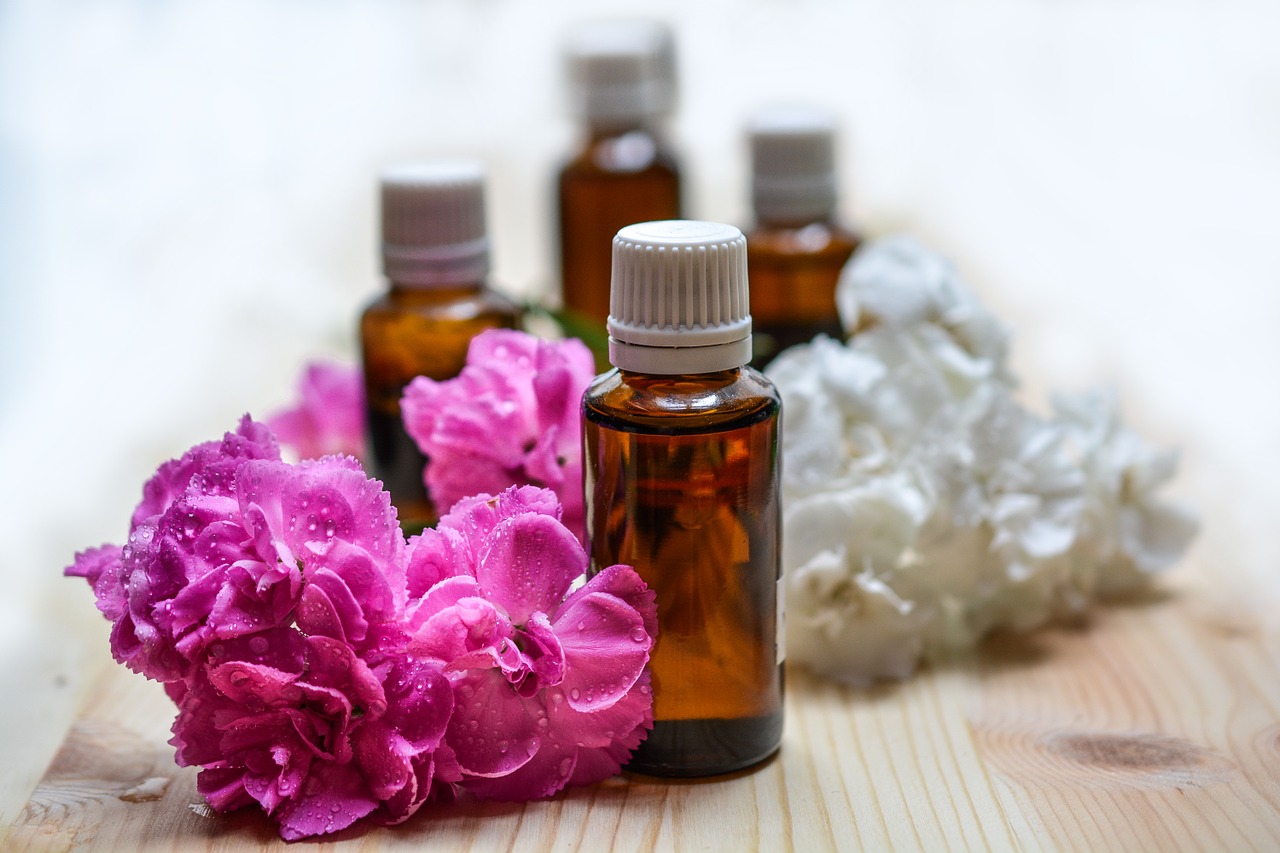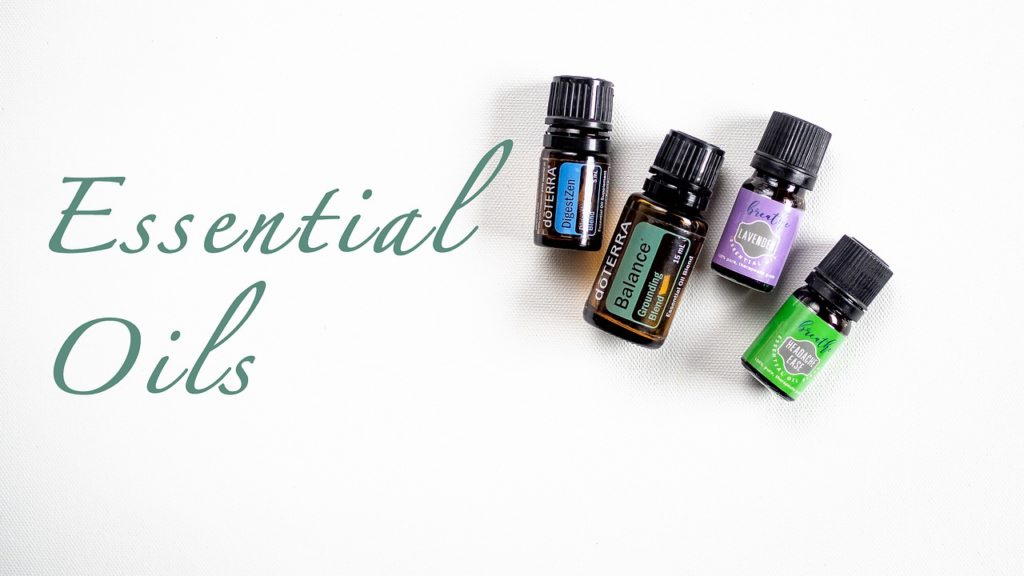Contents
– Essential oils: precautions for use
– Some vital advice to take into account
– Regulations for specific essential oils
Essential oils, also known as “plant essences”, must be thoroughly studied before being used. There are many books on aromatherapy, and you can seek advice from specialists if you have any doubts about using essential oil.
Here is some important information:
– an essential oil can burn the skin;
– an essential oil can cause digestive problems – when it is an essential oil prescribed for internal use;
– there are many contraindications for pregnant women;
– it is also necessary to know the contraindications of specific essential oils for children;
– people with fragile health and following a heavy medical treatment must check that there is no interaction with their treatment and ask for a doctor’s advice in case of doubt.
Essential oils: precautions for use
The absorption of essential oil by the body can be done by internal or external use. In one case, as in the other, and with rare exceptions, you will always mix them with an excipient, that is to say, a substance associated with the active ingredient and whose function is to facilitate the administration of this active ingredient to its site of absorption.
Examples of excipients:
– for internal use: yogurt, cottage cheese, honey, jam…
– for external use (especially for massages): lotions or vegetable oils. Sweet almond oil, for example, is excellent for the skin and has a little scent. We can also recommend avocado oil, which is interesting for cosmetic use, or wheat germ oil.
Note that there is also an olfactory use of plant essences: all you need is a diffuser (evaporation system) and to follow the manufacturer’s instructions carefully.
Some vital advice to take into account

Home fragrances and aerosol therapy are in fashion. However, it is recommended not to diffuse essential oils for more than 20 minutes to avoid irritation.
All routes of administration should not be used without medical advice.
Example: Clove or Thyme essential oils, rich in phenols, irritate the mucous membranes and can neither be applied purely for external use nor used in a diffuser and therefore inhaled.
Essential oils rich in phenols and ketones, such as mint (menthol), thyme, or even Thuja or Sage, should never be administered to children.
You should never use pure essential oils on the rectal, genital, auricular, nasal, or ophthalmic levels. In case of accidental contact with the eye, for example, it is necessary to rinse with vegetable oil, the essential oil not being soluble in water, and contact your doctor.
Some essential oils are photosensitizing: do not expose yourself to the sun after applying the essential oil to the skin. This is particularly the case for bergamot, sandalwood, lemon, and mandarin.
If you wish to use essential oil in a bath, plan 10 drops for 5 ml of neutral gel, neutral bubble bath gel, or a suitable dispersant, knowing that whole milk (15 drops for half a glass) can do the trick. Mix it well before adding it to the bathwater.
Regulations for specific essential oils
Because of their neurotoxic, irritating, phototoxic, or even carcinogenic properties, 17 essential oils can only be sold in pharmacies:
– Grand wormwood (Artemisia absinthium).
– Petite absinthe (Artemisia pontica).
– Common wormwood (Artemisia vulgaris).
– White wormwood (Artemisia herba alba Asso).
– Artemisia arborescens (Artemisia arborescens).
– White cedar (Thuya occidentalis).
– Korean cedar (Thuya Koraenensis Nakai) or “leaf cedar”.
– Hyssop (Hyssopus officinalis).
– Sage (Salvia officinalis).
– Tansy (Tanacetum vulgare).
– Cedar (Thuya plicata Donn).
– Sassafras (Sassafras albidum).
– Sabina (Juniperus sabina).
– Rue (Ruta graveolens).
– Worm-eating goosefoot (Chenopodium ambrosioides and Chenopodium anthelminticum).
– Yellow mustard (Brassica juncea).


